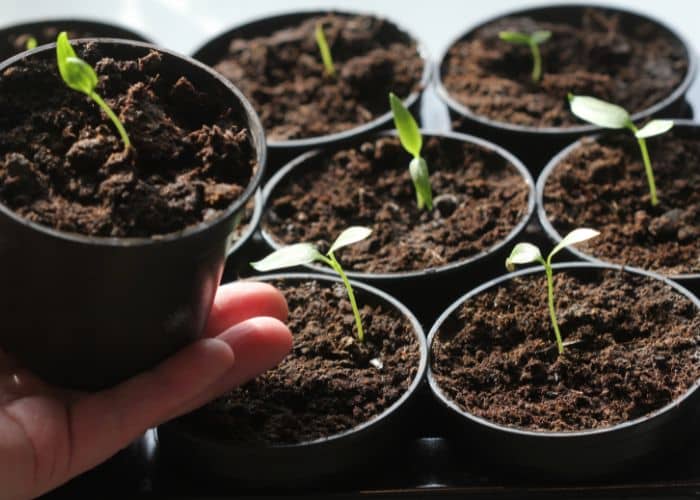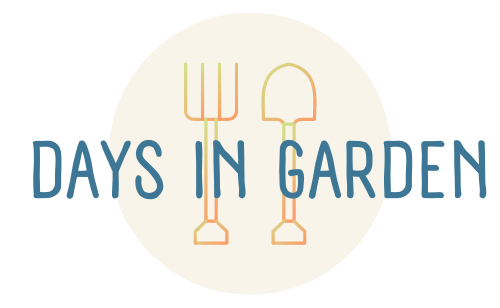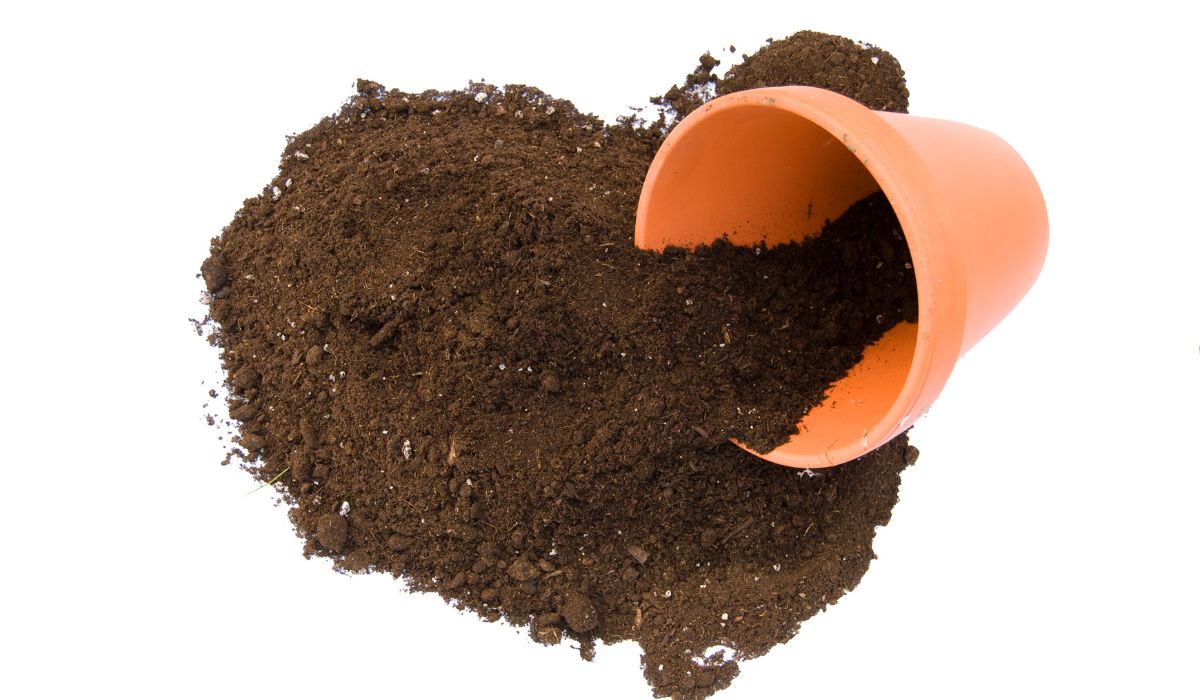This blog post will teach you about the Best Organic Potting Soil for herbs and much more. If you are thinking about purchasing organic potting soil for your indoor plants, we have all the information for you. We cover what makes this kind of soil best for growing herbs, and also what to look out for in a quality product.
Soil is the food source for plants. It has many functions, from providing nutrients to holding water. The type of soil used will greatly influence the growth rate, appearance, and flavor of the different types of herbs that you grow. We’ve created this blog to educate gardeners about organic potting soil. We discuss its benefits, usage tips, and other gardening info.
It’s very important that you get the right soil for herbs. Most of the organic soil sold today is not the right type to grow herbs in. You want to be sure you are using potting soil with lots of organic matter to grow your herbs healthily. Use the information below to grow a thriving herb garden.
What To Consider Before Buying Potting Soil?
There are many factors to consider when selecting potting soil, including nutrient quality and price. In order to grow great vegetables in your garden, you need the right potting soil. The wrong type can make your vegetables weak and unhealthy which will result in tasteless crops.
You have a choice between organic or non-organic potting soil that is easily available at your home or garden center. However, using the best organic potting soil for herbs is important if you want them to grow their best. Potting soils come in different textures, colors, and prices.
The soil you choose affects how fast your plants grow, how strong they are, and how good they look. Some common potting soil ingredients are peat moss, coir, sand, perlite, vermiculite, compost, bone meal, and gypsum. Depending on the type of soil you buy, you can use any of these ingredients to mend them according to your plant’s needs.
The Difference Between Organic And Inorganic Potting Soil
To build a beautiful garden, you need the right soil that will give you beautiful flowers, a strong garden, and good vegetables. It is the foundation of any garden. The best quality soil is organic and naturally occurring soil. Organic soil is made from decaying material which includes dead leaves, wood chips, manure, etc.
When it rains or when nature intervenes, plant food is washed away into the water, which breaks it down into tiny particles and becomes an amazing nutrient for plants. However, inorganic soil is not natural and comes from fertilizing and other chemicals, including manure. It is a product manufactured for use in horticulture.
One of the best ways to determine if the soil is organic or inorganic is by using a pH test. This will help you figure out whether the soil you use for your plants is organic or inorganic. The easiest way to make a basic potting mix is to mix equal parts of perlite with peat moss. However, using the best organic potting soil for herbs is a must to help it thrive.

Benefits Of Using The Best Organic Potting Soil For Herbs
There are many benefits to growing herbs in organic potting soil. The best way to choose the right type of planting mix for your garden is to understand what plant you are trying to grow. This will help you make a decision based on which soil mix will work best for the plant that you want to grow.
Using the best organic potting soil for herbs will help them grow faster and stronger, as well as protect them from insects, diseases, and parasites. Organic potting soil is made from composted organic materials. It is often mixed with other nutrients, so it has the best blend of natural ingredients for herbs and flowers.
The reason why it is important to use organic potting soil is that many people buy soil with added nutrients. But if the soil has been treated with pesticides and fertilizers, then it is not good for growing herbs. So, if you want healthy plants, then you have to make sure that your potting soil is organic.
However, when looking for organic potting soil, look for ones with high organic matter content. Remember that organic soil is safer to use because there are no toxic substances present in it, and it is more eco-friendly than chemical-based soil. Learn how to grow organic potted herbs in this informative short video.
What Are The Disadvantages Of Using Organic Potting Soil?
In addition to the advantages of using the best organic potting soil for herbs, there are also disadvantages. It is important to take note of the pros and cons when opting for organic soil. As we have mentioned the benefits of this soil type above, here are a few disadvantages of using organic potting soil.
Disadvantages:
Organic gardening is not as affordable as traditional gardening.
Organic soil needs to be changed annually.
If you’ve never used organic soil before, you’ll need to learn everything about growing plants with it, as it takes experience to perfect.
Organic soil has a very low C/N ratio. In other words, it doesn’t have much nitrogen. This makes organic potting soil difficult to establish seedlings if you don’t have knowledge of using it.
Conclusion
Most organic soils are safe to use for growing herbs and vegetables. However, not all organic potting soil is created equal. So, make sure that you learn about using organic fertilizers. The benefits of organic fertilizers include better nutrient retention and availability to plant roots; better water retention and absorption; lower nitrate levels in water; lesser chance of plant disease; lesser chance of environmental contamination; better soil structure; and Higher pH levels.
The first thing I look for in potting soil is if it has been produced with the use of organic materials. This is because the majority of organic potting soils contain better nutrients than their conventional counterparts. That is why using the best organic potting soil for herbs is important if you aim to grow fragrant, lush plants.
When choosing a potting soil, I look for two characteristics: the amount of organic matter and how quickly the soil dries out. I prefer soil that has an organic matter content of at least 70%. I like to look for soil that dries out slowly. This means that the potting soil will retain moisture for a longer period of time. Click on the link for the ten best potting soils for indoor herbs.
[rank_math_rich_snippet id=”s-f7005aa3-9aae-44a8-9c81-2d00b303689c”]
Learn morea about How Much Does A Soil Scientist Make – A Comprehensive Career Guide In Agricultural Studies

